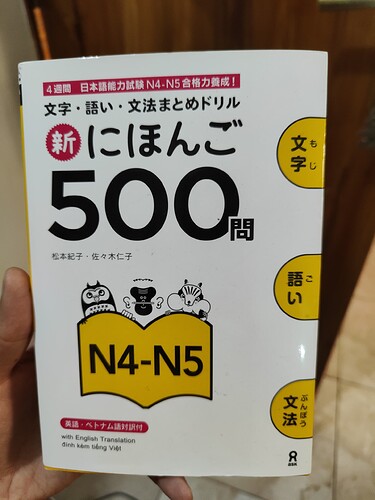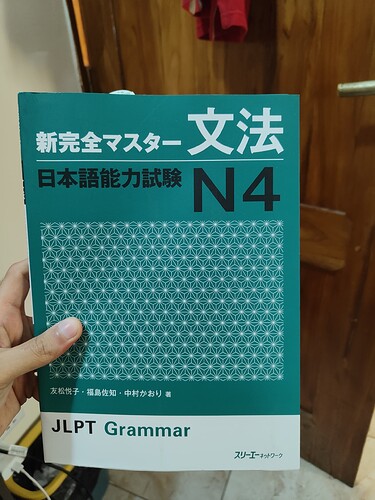I have just recently reset my whole (nearly complete) N3 progress back to 0 as I felt I hadn’t learnt them anywhere near well enough to move on. In fact I completely forget 90% of them exist when trying to make basic conversation with myself or my tutor. I find I just don’t use them enough in-between Bunpro reviews, and even though I’m doing a little bit of reading, I’m not seeing them enough to really learn them.
I don’t have the time (ok mainly knowledge) to set up a decent system for myself and just want something I can sit down when I have time and grind through for reps . That’s mainly why i’m doing WaniKani as it just spoon feeds me the kanji (I know cram exists but its limited to the 10 sentences without adding your own). I’ve done a lot of academic/formal study and actually do well with ‘boring’ textbooks (preferably electronic), but books/pdf, websites or anything with exercise sheets or lists of activities, essentially Genki but for N3 would be great.
My goals are not specifically JLPT orientated, but speaking and listening (conversation), reading, and then writing.





